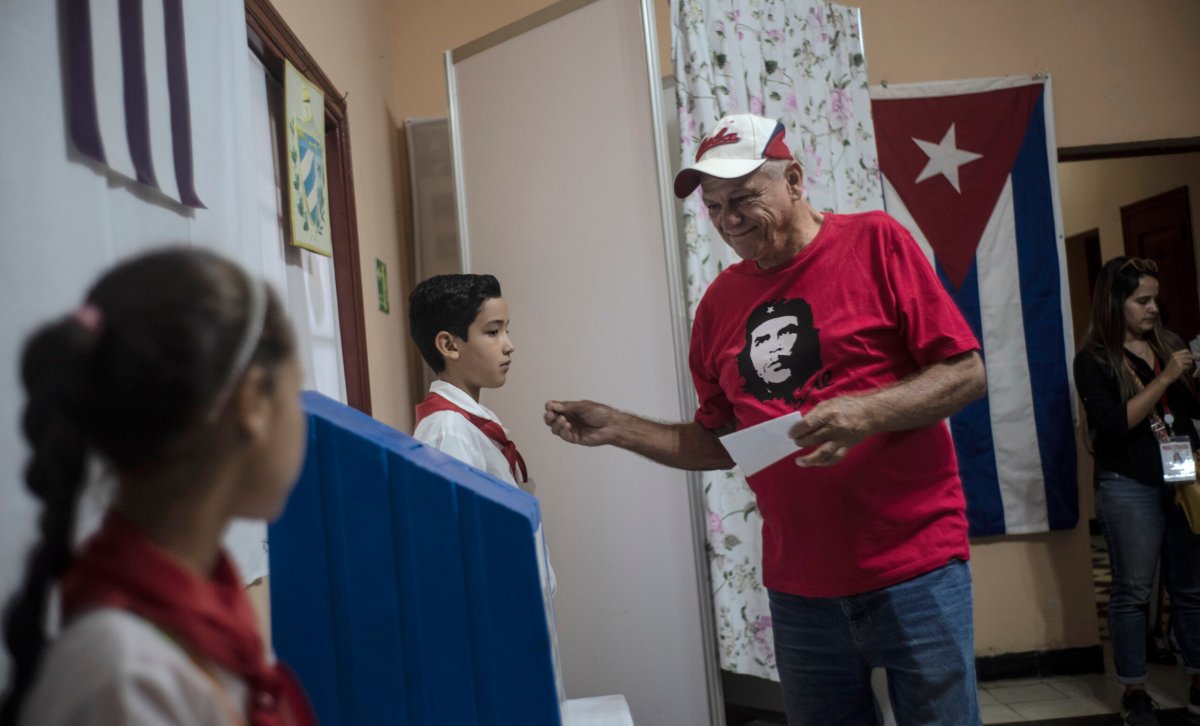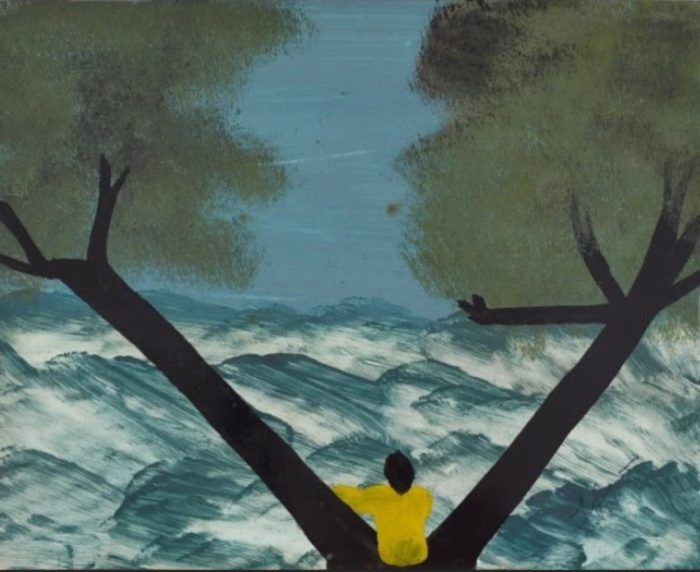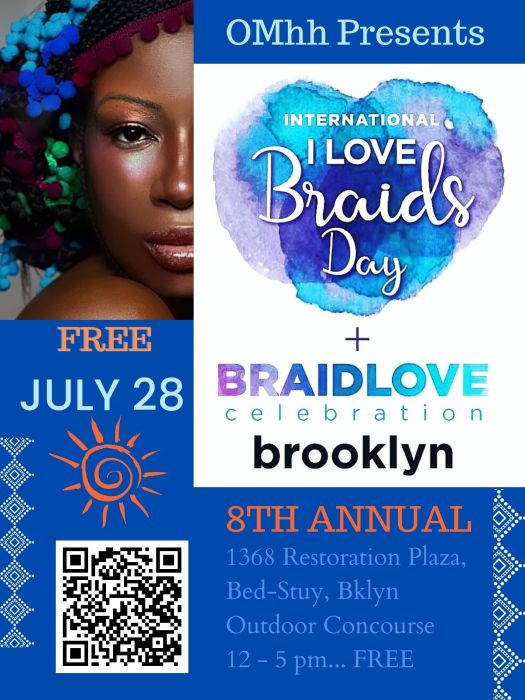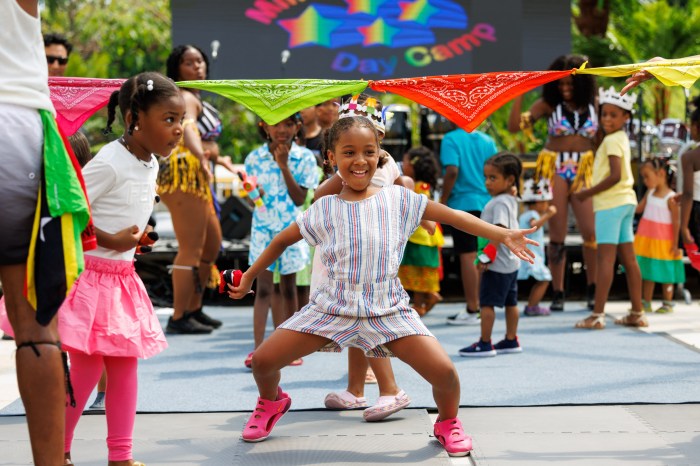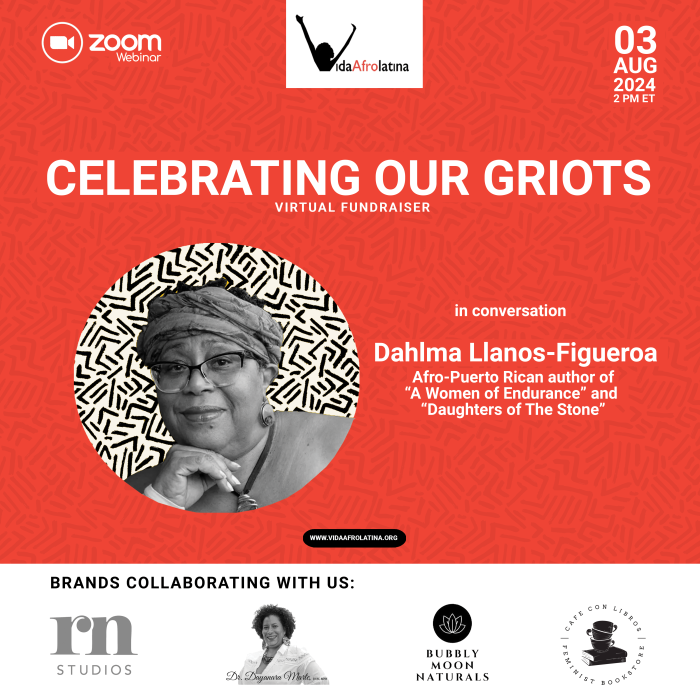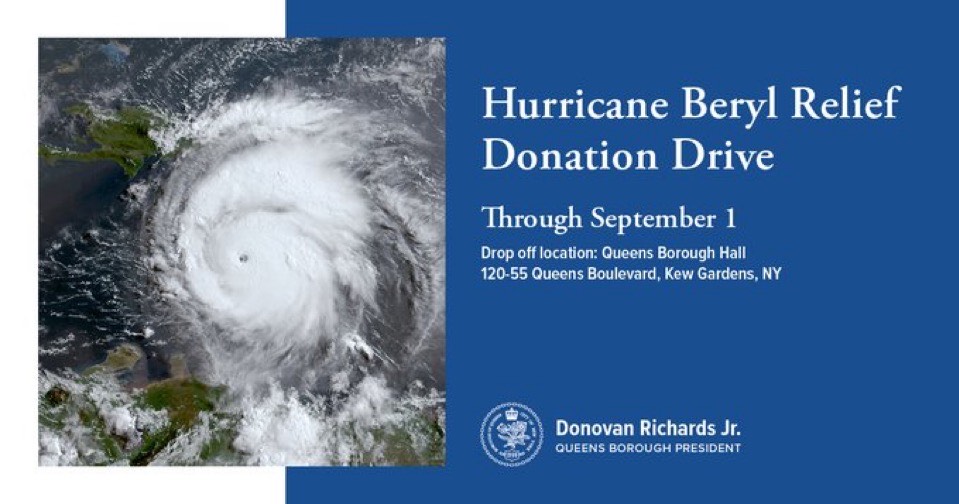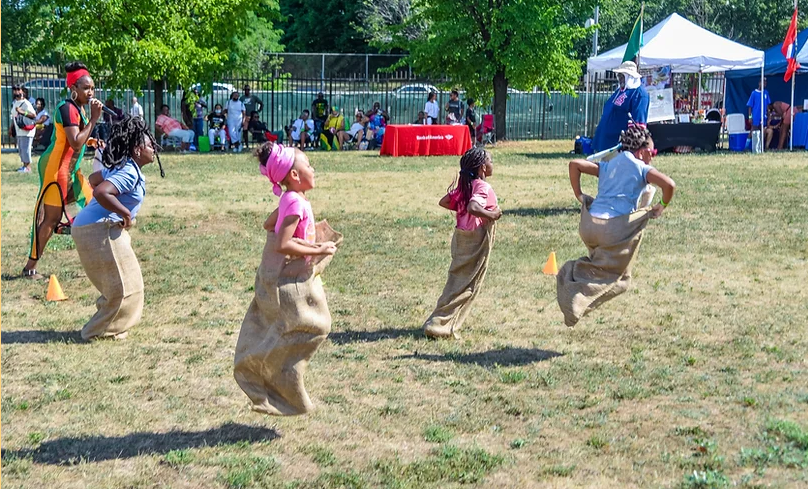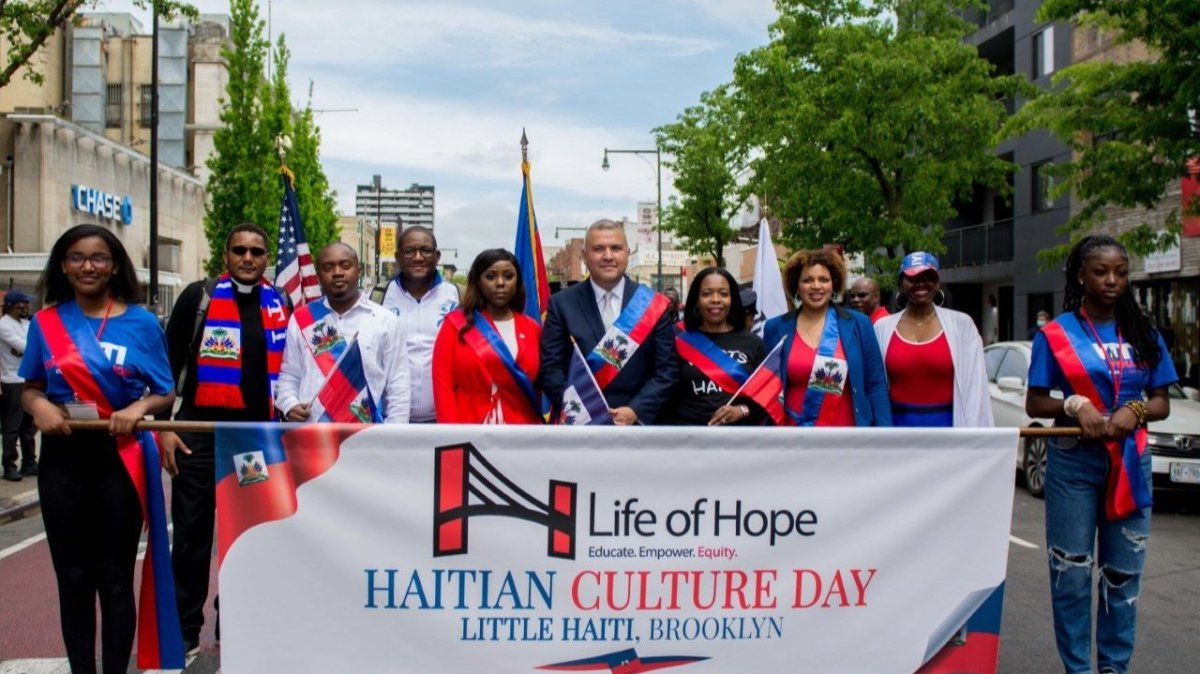HAVANA (AP) — Cubans voted Sunday in National Assembly elections with attention focused on voter turnout amid a deep economic and migratory crisis.
With 470 candidates running for the legislature’s 470 seats, and no opposition challengers, the election’s outcome is a foregone conclusion. Voters essentially will do no more than endorse a slate of candidates vetted by Communist Party officials, critics say.
What observers will be watching Sunday is whether a trend in declining voter participation continues as Cuba’s government struggles to turn around deteriorating economic conditions.
Participation in elections in Cuba is high but has been on the decline for a decade.
The National Electoral Commission said that for last November’s municipal elections about 31% of eligible voters abstained from voting, That translates to 69% participation, which is still high by international standards, but a substantial decline for Cuba where voting is not compulsory but traditionally was considered a national duty. The rate of abstention for national elections was 14% in 2018, and only 6% in 2013.
Michael Shifter, a senior fellow at the Inter-American Dialogue, a Washington think tank, said the trend toward non-participation in Cuban elections reflects growing discontent with the deteriorating economy and the migration crisis.
“There may be different reasons that explain the increase in abstention, but an important factor is undoubtedly the growing distaste for the government’s poor performance,” he said.
Cuba’s government says the system is inclusive and builds unity, while steering clear of the divisiveness of party politics or any ill effects of big-money donors.
President Miguel Díaz-Canel voted Sunday in the province of Villa Clara where he was born. He acknowledged the economic difficulties, power outages and fuel shortages amid which the elections were being held.
“Some may put the economic situation ahead but most people know that despite the difficult economic situation we are working together,” he said. “If we were once again a colony of the United States, the problems would only increase.”
Julio Antonio Martínez Estrada, a lawyer, professor and a fellow at Harvard University, said he believes participation will continue to decline, in part due to the economy.
“It is a response to the political and socio-economic problems of recent years,” Estrada said.
The voting takes places as hundreds of thousands of people migrate, including 300,000 alone to the United States in recent months. The migrants are still on voters lists but can’t vote because they are outside the country.
National Assembly elections are held every five years and are technically nonpartisan. But they fall under the indirect control of the ruling Communist Party.
Half of the 470 candidates come from municipal assemblies chosen in local elections last November. The other half are nominated by groups representing broad swaths of society — such as a women’s group and workers unions. All are vetted by election committees with ties to the party.
The National Assembly is nominally the country’s highest governing power. It approves laws and votes for the president and executive officials from among its members.
In practice, the chamber typically endorses initiatives and the leadership favored by the Communist Party, which is the only political party allowed on the island nation.
The new National Assembly is expected to convene April 19, when it will vote on the executive leadership, with current President Miguel Díaz-Canel expected to be re-elected.
Candidates include major Cuban leaders such as Díaz-Canel, semi-retired former Communist Party leader Raúl Castro and Economy Minister Alejandro Gil. Candidates also include musician Eduardo Sosa, LGBT community representative Mariela Castro and Elián González, who as a child in 2000 famously became the center of a diplomatic custody battle between Cuba and the United States.


